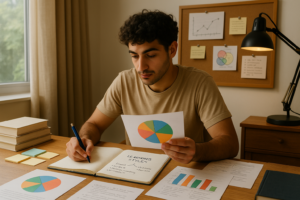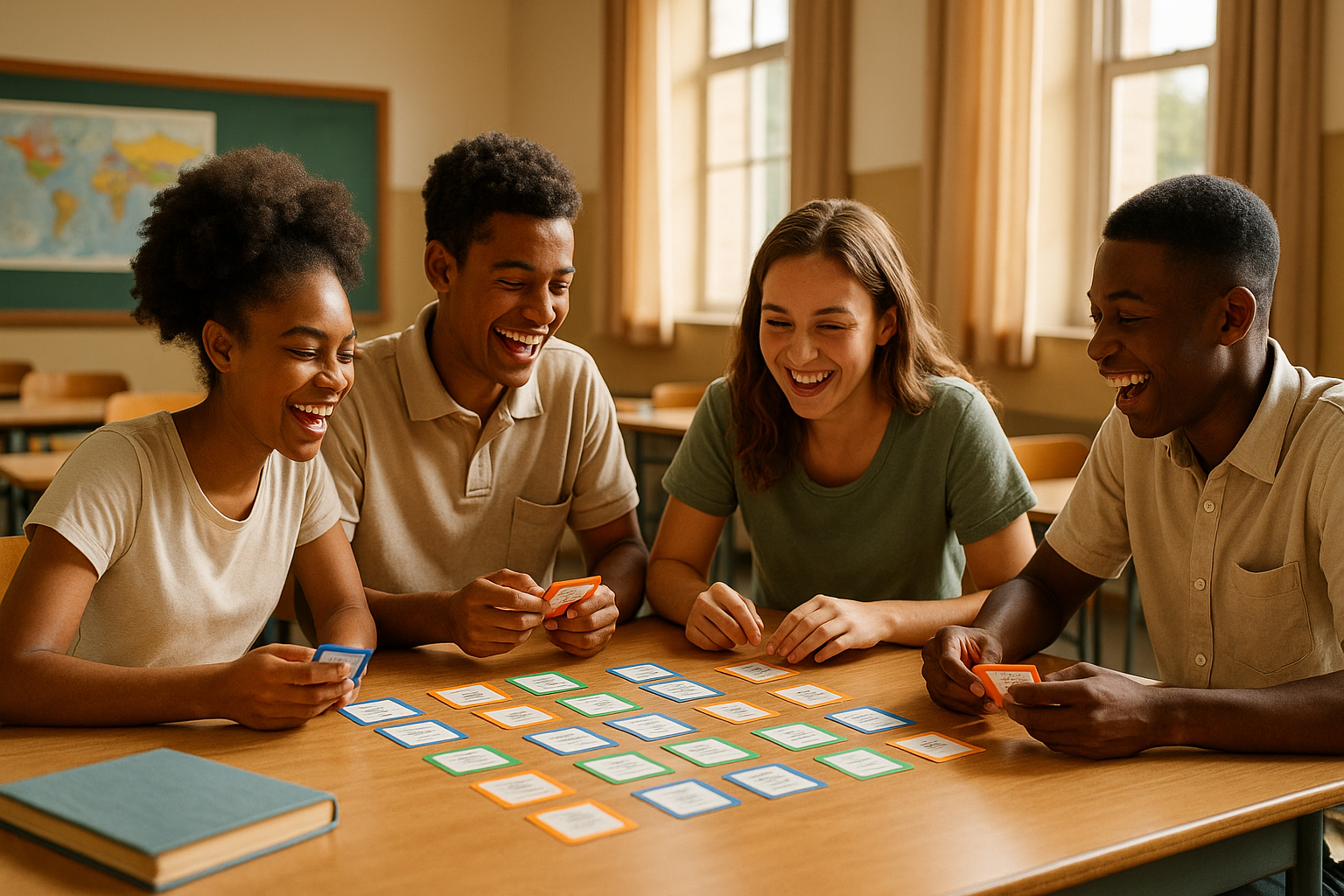The Science of Play: How Fun Boosts Academic Performance
Introduction
When you think about improving academic performance, the first things that come to mind are usually study schedules, extra lessons and revision notes. But there’s another powerful, often overlooked tool for learning – play. Research shows that incorporating elements of fun and creativity into learning can improve memory, problem-solving skills and motivation. For South African students, where academic pressure is high and free time is limited, understanding the science of play could be a game changer.
Why Play Matters for the Brain
Play isn’t just for young children – it stimulates areas of the brain responsible for creativity, decision-making and emotional regulation in people of all ages. When we engage in fun, low-pressure activities, the brain releases dopamine, a neurotransmitter that enhances mood and motivation. This positive emotional state actually makes it easier to learn and remember new information.
1. Gamifying Your Learning
Turn revision into a game. Use apps that reward correct answers, challenge friends to quiz battles or create a points system for completing homework. Even something as simple as rolling a dice to choose which topic to study can make the process more engaging.
2. Role-Playing Difficult Concepts
Struggling with Shakespeare? Act out scenes with friends. Finding economics abstract? Pretend you’re running your own business and make decisions based on supply and demand. By physically and emotionally engaging with content, you turn theory into memorable experiences.
3. Movement-Based Learning
Incorporating physical activity into learning – like using flashcards while walking around the garden or creating a hopscotch game with maths questions – improves focus and retention. Movement increases blood flow to the brain, boosting alertness.
4. Creative Arts as a Study Tool
Drawing diagrams, making comic strips of historical events or composing songs about science topics can help solidify knowledge in a fun way. This taps into multiple learning styles, ensuring information is stored more effectively.
5. Social Play and Group Challenges
Learning in groups adds an element of fun through friendly competition and collaboration. Organise themed study sessions where each person presents a topic creatively – perhaps as a game show, skit or mystery puzzle.
A Note for Parents and Teachers
In the South African context, there’s often a strong emphasis on academic seriousness, especially for older students. But balancing structured learning with moments of play doesn’t dilute results – it enhances them. Play helps students manage stress, stay motivated and develop problem-solving skills that are essential for life beyond the classroom.
Conclusion
Incorporating play into learning isn’t about wasting time – it’s about unlocking a different side of the brain that thrives on curiosity and enjoyment. Whether you’re a student looking for fresh study techniques, a parent wanting to inspire learning at home or a teacher aiming to engage your class, adding a dose of fun might be the smartest move you make this year.




